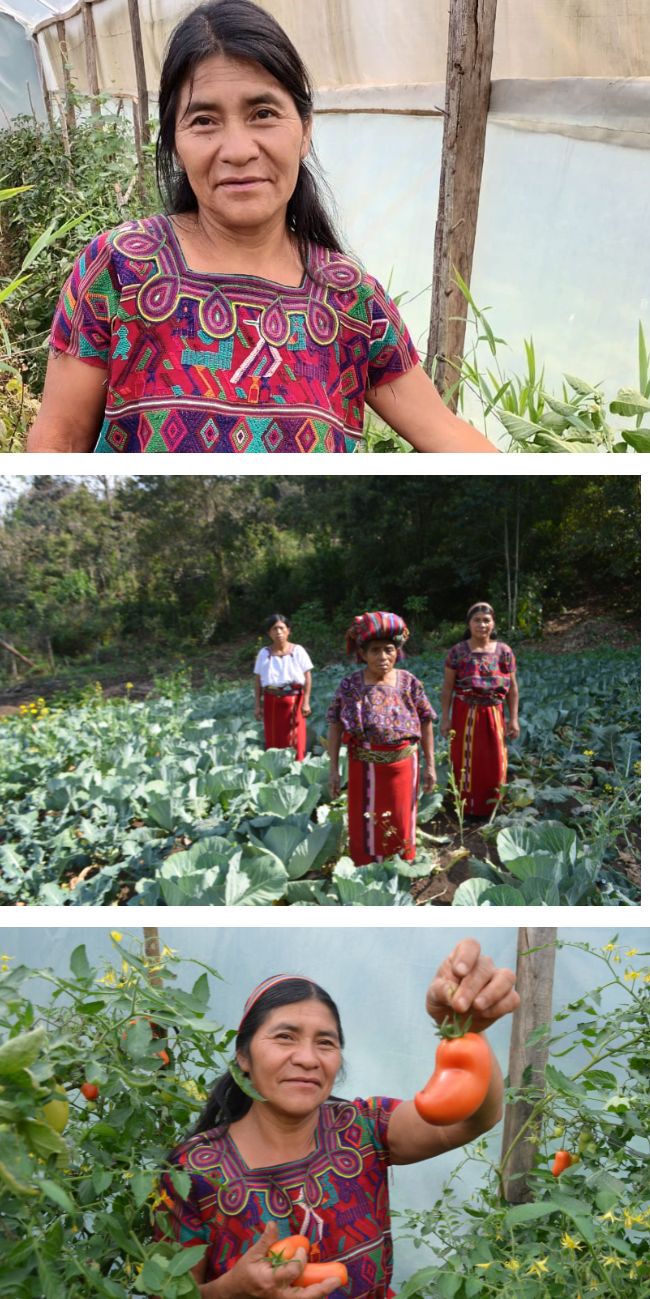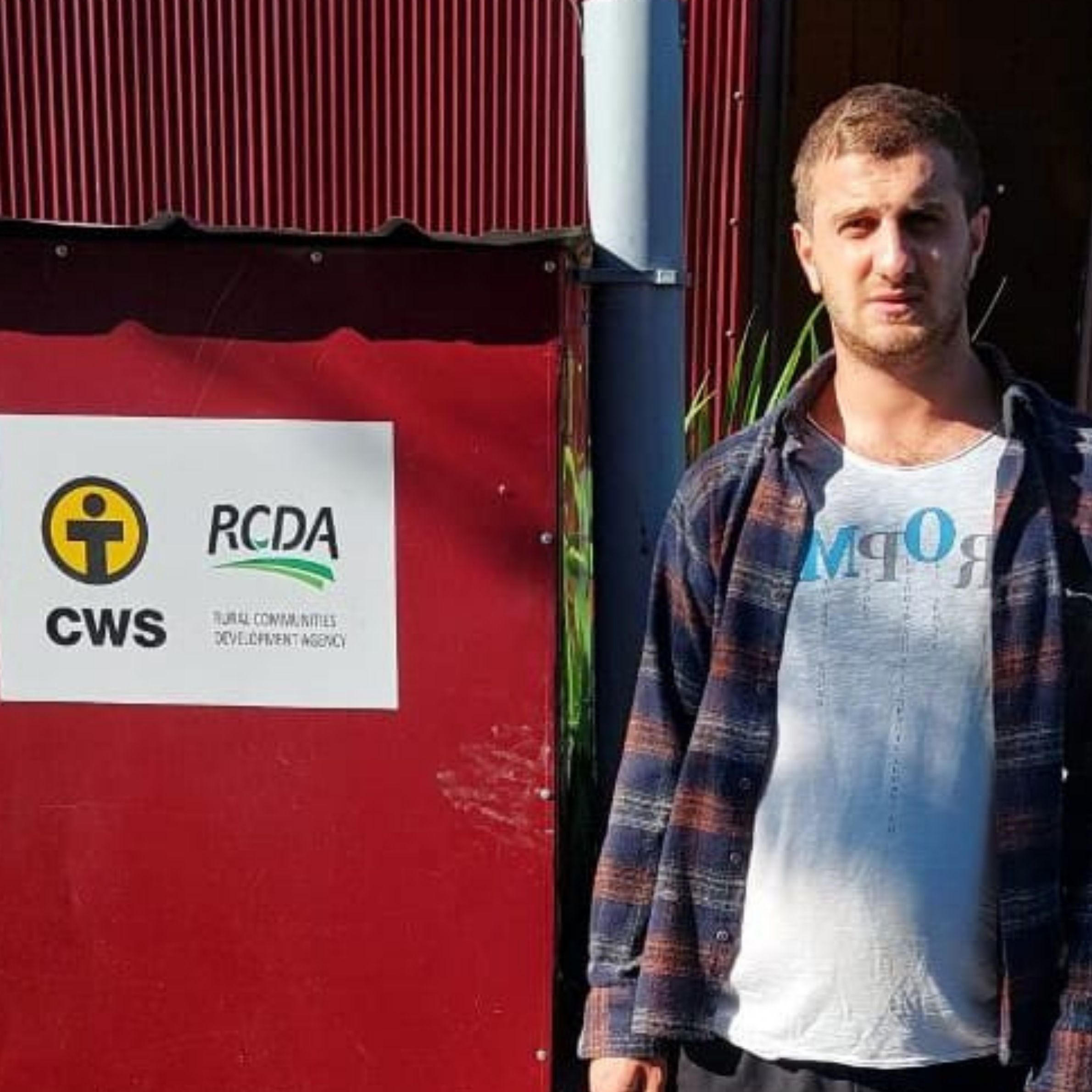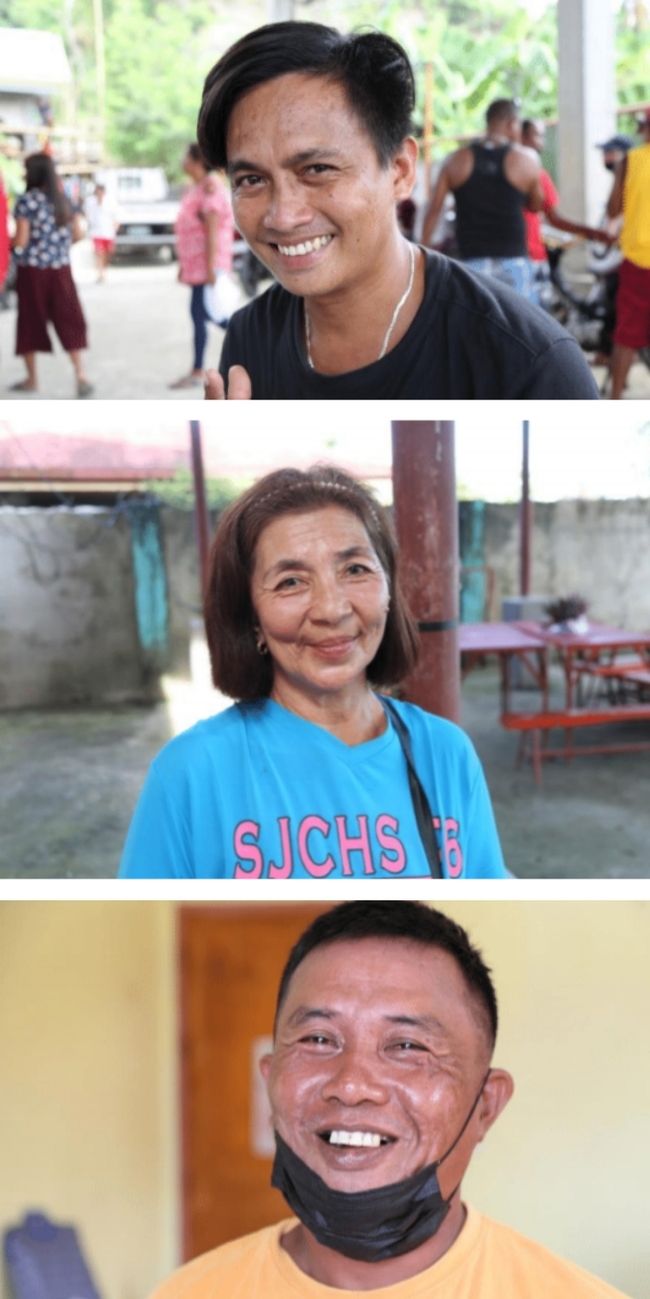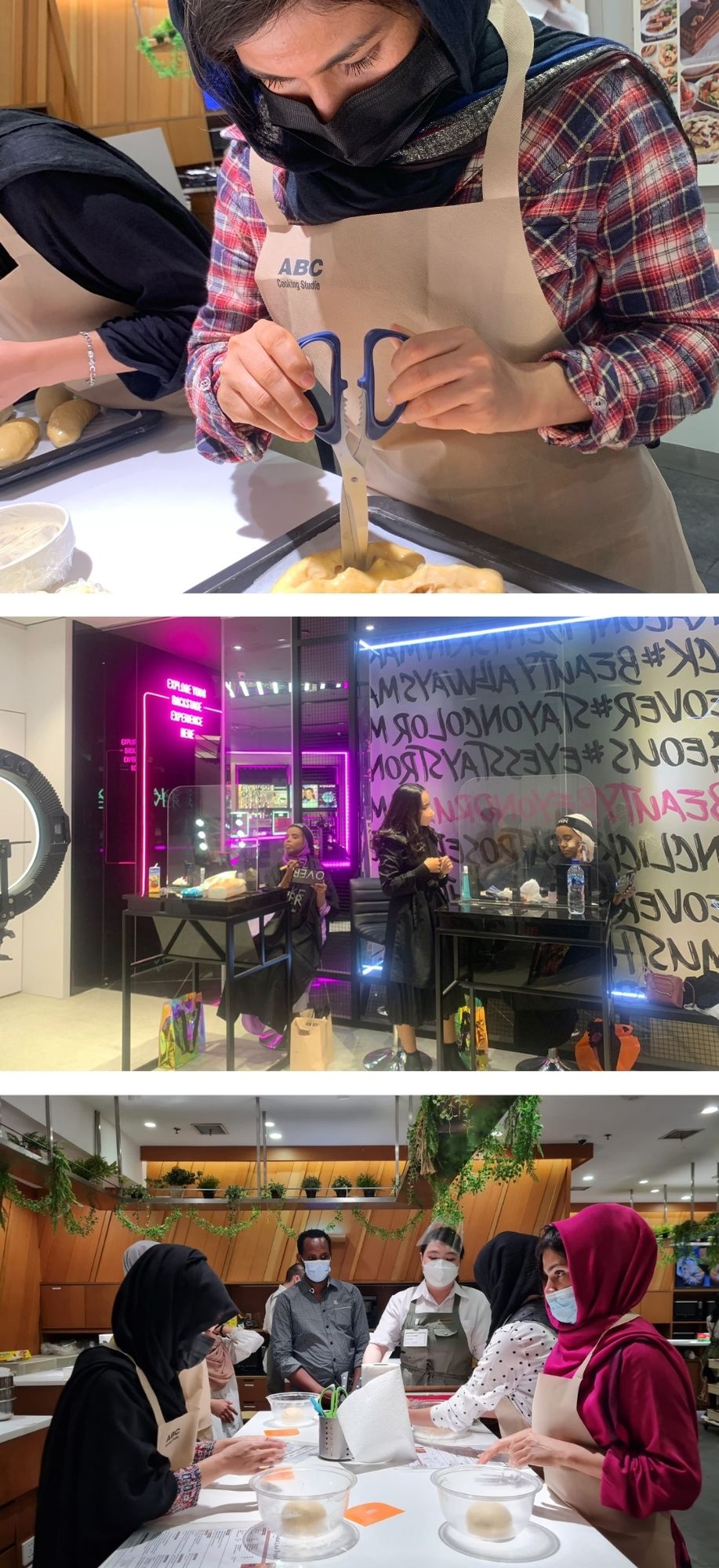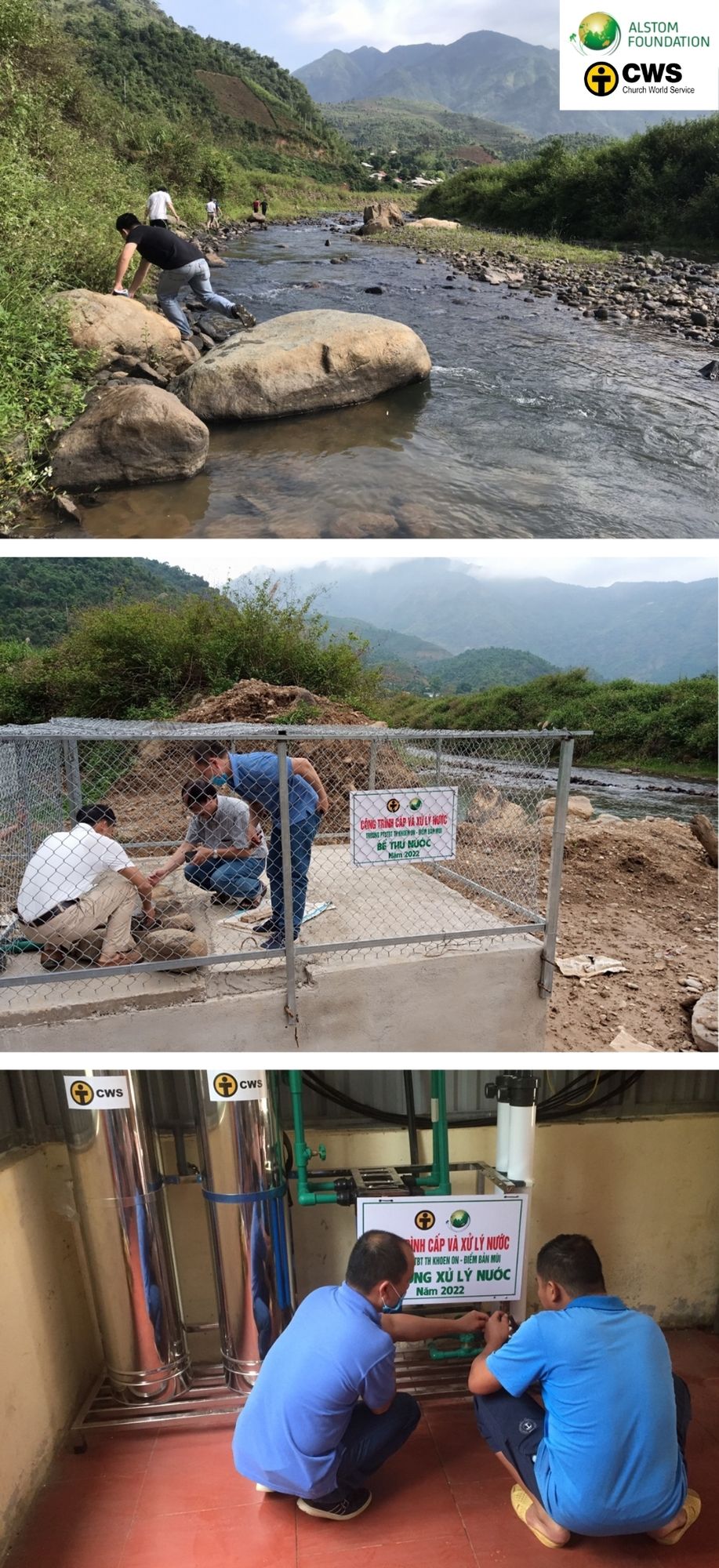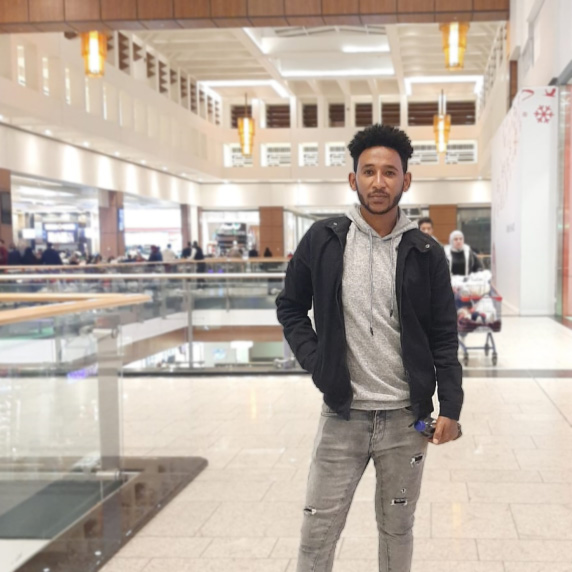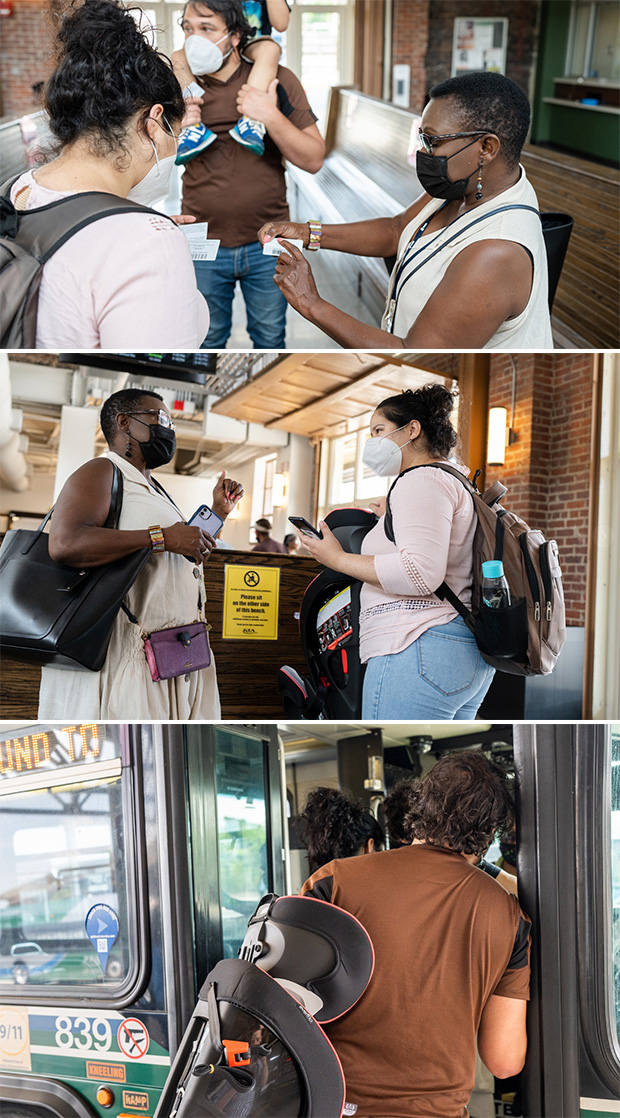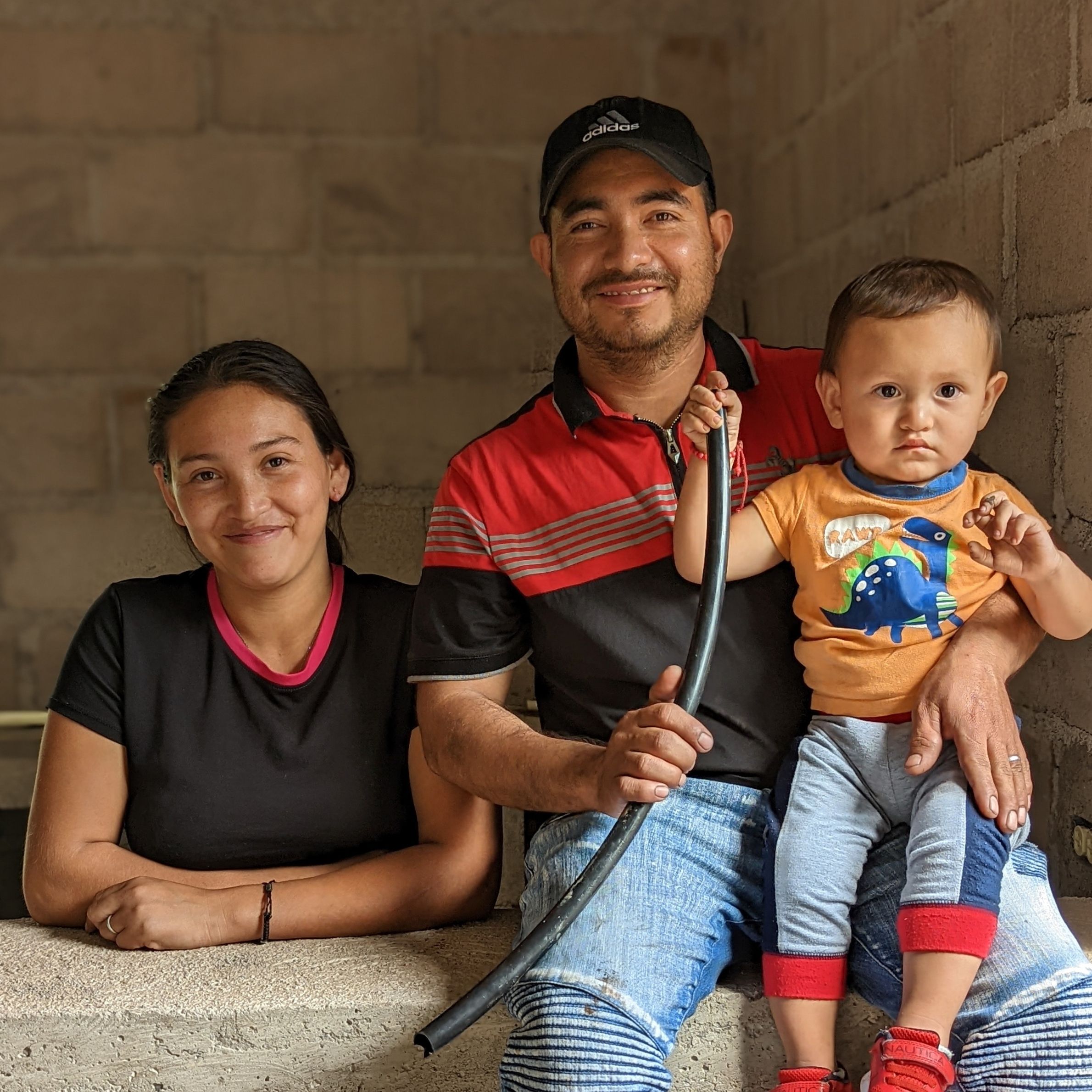Stories of Change
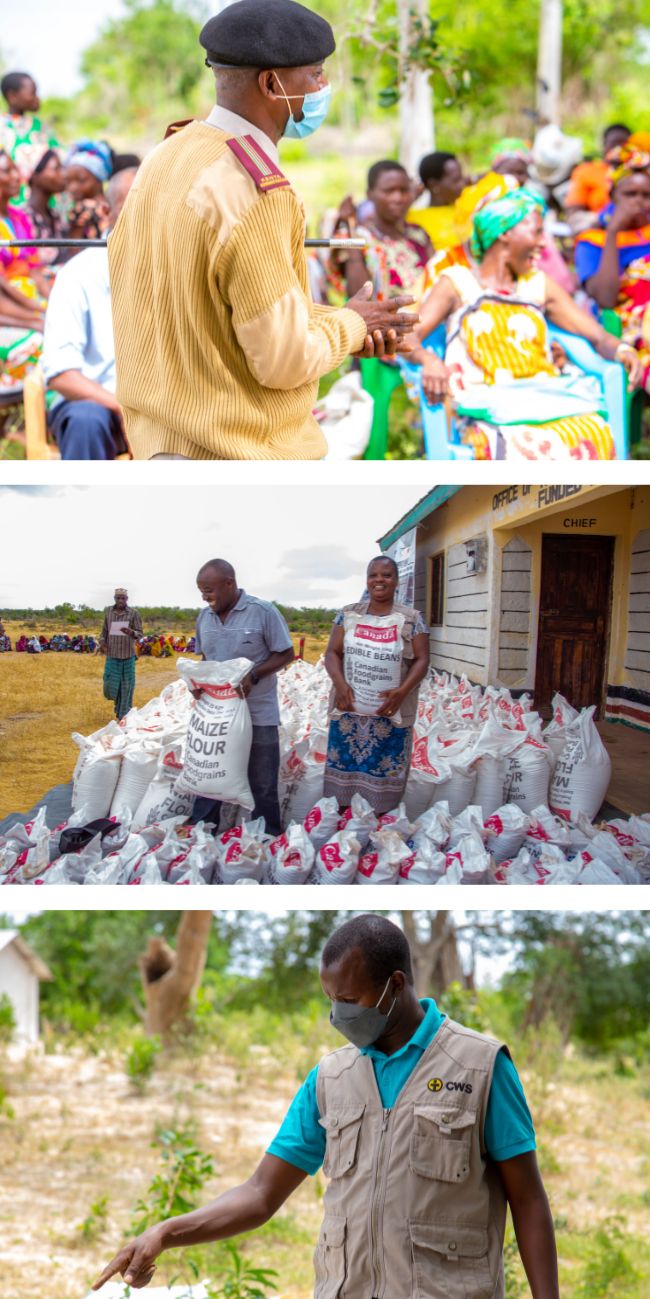
Top: local official assists in food distribution. Middle: CWS Staff distribute food. Bottom: CWS staff leads food distribution
A Closer Look into Our Tana River Drought Response
In Tana River County, Kenya, when drought spread and crops and livestock died, immediate action was needed. We partnered with Canadian Foodgrains Bank and Primate’s World Relief and Development Fund to provide emergency food rations to 3,000 families (15,000 individuals). To understand the severity of the droughts and the impact of our program, we spoke with the members of the community.
The effects of the drought were clearly visible in the Tana River County community where livestock perished and crops dried out. Khadija Haula, one of our program participants, explained, “we experienced severe drought and if it were not for Church World Service and their humanitarian aid, we perhaps would be dead. We are suffering a lot as a result of the drought.” Zainab Wamboi is from one of the fortunate families who received emergency food rations just in time. She told us, “during the drought, we never felt [hunger]. We heard people talk about it but we had enough to eat.”
Beyond hunger, the effects of the drought carried into the normal day-to-day activities of the community. Dhidha Komora works as a Chief in Tana River County. He shared, “I have noticed some major changes. [Prior to assistance] many young people were stuck at home due to a lack of food. When families started receiving this food aid, they were able to go back to school. Now the youth are in school and thanks to CWS my people received plenty of food.”
Along with our CWS staff in Kenya, this project was led in large by the leaders in the community. Amina Omar, Project Officer at CWS Kenya, elaborated. “The program participant selection was done by the community leadership. They lead the process to ensure that all participants were part of a vulnerable group in the community,” she said.
Another step that was taken was the creation of a community-led advisory committee. Members of the committee were trained on humanitarian principles and led the food distribution. One of the members, Kushusho Galgalo, shared, “part of what was taught during the training was to consider those most in need.” Another committee member, Halima Omar, said, “I was one of the committee members who participated in the food distribution for four months. We want to thank this organization for this great work.”
We are thankful for our community and global partners who allow us to support communities during the times in which they need it most.

